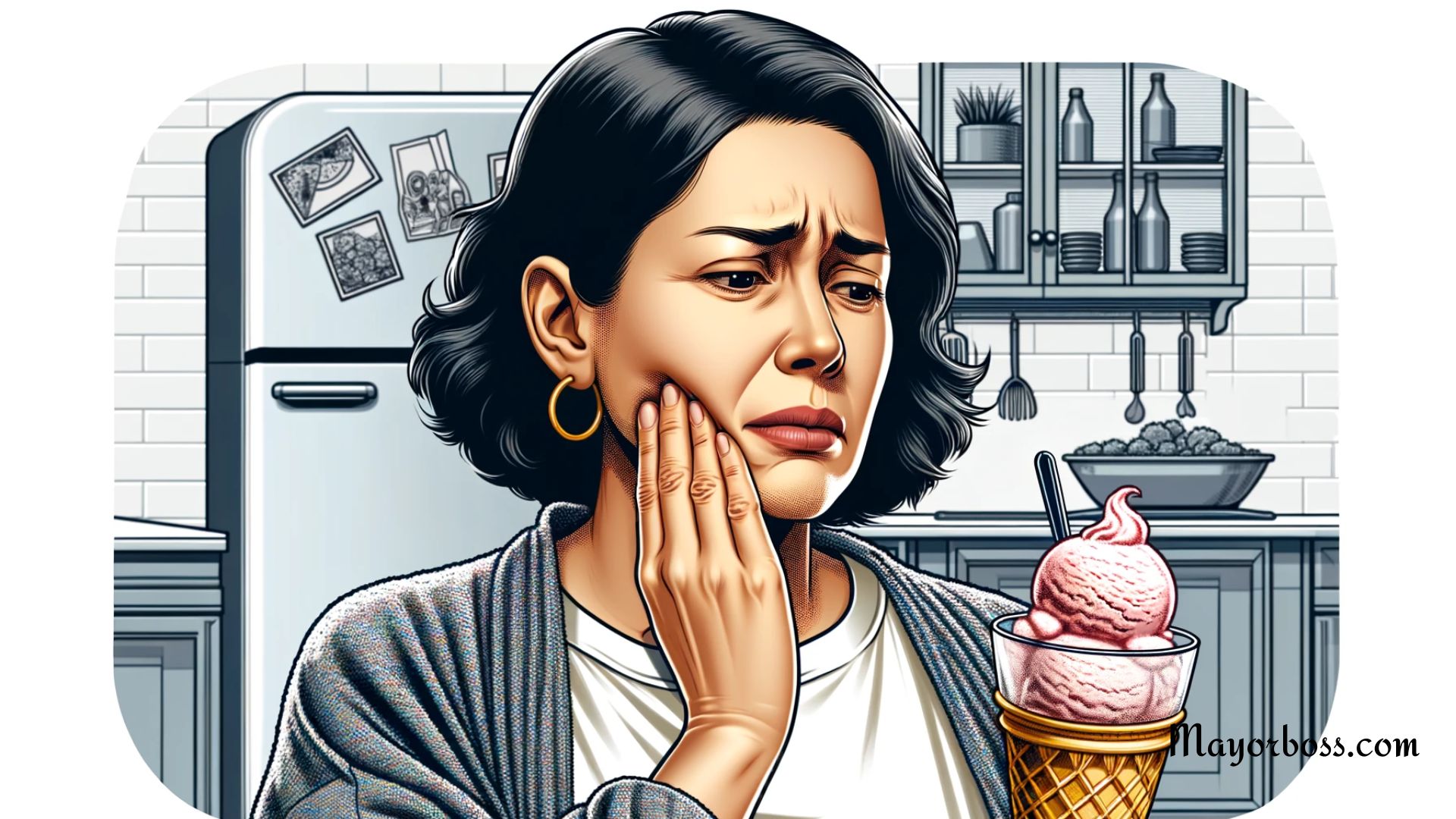Your Teeth Hurt When You Eat Sweets. Here’s Why
Do you ever bite into a delicious candy or a piece of cake and suddenly feel a sharp pain in your teeth? If so, you’re not alone. Many people experience this discomfort, and there are several reasons why sweets might cause your teeth to hurt. Let’s dive into the details.
What Causes Tooth Pain with Sweets?

Enamel Erosion
One of the major causes of tooth sensitivity is enamel erosion. Enamel can wear down due to several factors:
- Acidic Foods and Drinks: Regular consumption of items like soda, citrus fruits, and even wine can erode your enamel.
- Brushing Too Hard: Using a hard-bristled toothbrush or brushing too aggressively can likewise wear down enamel.
- Teeth Grinding: Colloquially known as bruxism, this habit can significantly wear down your teeth.
Receding Gums
Gum recession is another typical cause of tooth sensitivity. As gums pull back, they expose the roots of your teeth, which are covered in cementum, a less protective layer than enamel. This exposure can lead to increased sensitivity, especially to sweets.
Why Sweets Hurt
When you eat sweets, the sugar interacts with bacteria in your mouth to form acid. This acid can attack your teeth and temporarily weaken the enamel. If your enamel is already thin or your gums have receded, the acid more easily reaches the dentin, causing pain.
Cavity Formation
Cavities are another reason why sweets might cause pain. Cavities are essentially small holes in your teeth caused by decay. They can expose the sensitive inner layers of your teeth, making them more susceptible to pain from sugary foods.
Cracked Teeth
Sometimes, the discomfort you feel might be due to a cracked tooth. These cracks can be tiny, yet they allow sweet substances to reach and irritate the nerves inside your teeth.
Dental Work
If you’ve recently had dental work done, such as fillings or crowns, your teeth might be temporarily more sensitive to sweets. This usually improves over time, but it’s something to be aware of.
Preventing and Treating Sweet-Induced Tooth Pain
Fortunately, there are patterns to prevent and treat this type of tooth pain.
Good Oral Hygiene
Maintaining good oral hygiene is crucial. This includes:
- Brushing your teeth twice a day with a soft-bristled brush.
- Flossing daily to remove plaque and food particles between your teeth.
- Using fluoride toothpaste to help strengthen tooth enamel.
Diet Changes
In fact, reducing your sugary foods and drinks intake can help prevent further enamel erosion and cavity formation.
Dental Treatments
If your pain is severe or persistent, it’s essential to visit a dentist. They might recommend treatments such as:
- Fluoride Treatments: Professional fluoride treatments can strengthen your enamel.
- Dental Sealants: These can protect the surfaces of your back teeth from decay.
- Fillings or Crowns: If you have cavities, your dentist can treat them with fillings or crowns.
Desensitizing Products
There are over-the-counter toothpaste and mouthwashes designed for sensitive teeth. These products can help block the pain associated with tooth sensitivity.
In conclusion, if sweets are causing your teeth to hurt, it’s likely due to enamel erosion, gum recession, or cavities. Paying attention to your oral hygiene, making dietary changes, and seeking professional dental care can help alleviate this discomfort and protect your teeth in the long run.






